iPhones with a long-awaited feature? Craig Federighi hints that, but only for certain regions
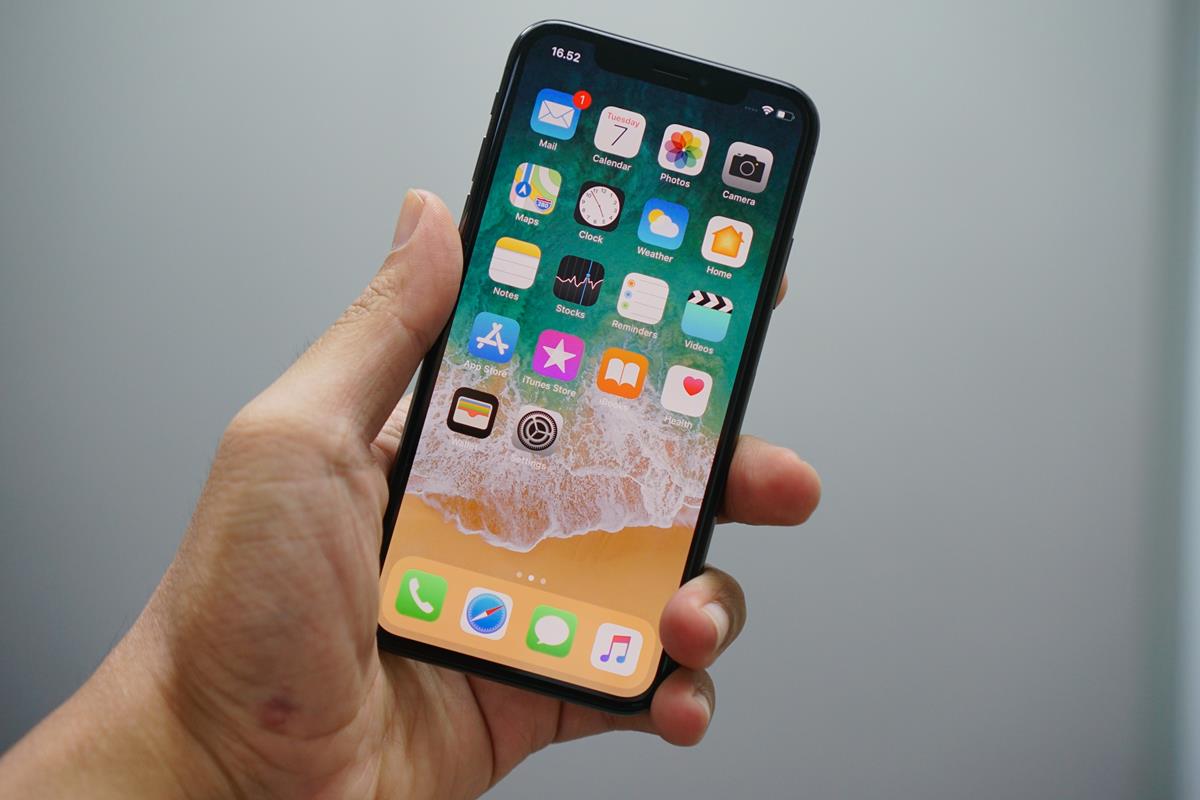
Apple's Senior Vice President of Software Engineering, Craig Federighi, has hinted that iOS 17 may support sideloading in the EU. It seems the company is working with the EU to discuss compliance.
Just to be clear, the current version of iOS 17 Beta does not support sideloading. This was one of the most anticipated feature among users, bloggers, etc. However, we were left scratching our heads as it went announced at the Keynote at WWDC 2023. Is it going to happen or not?
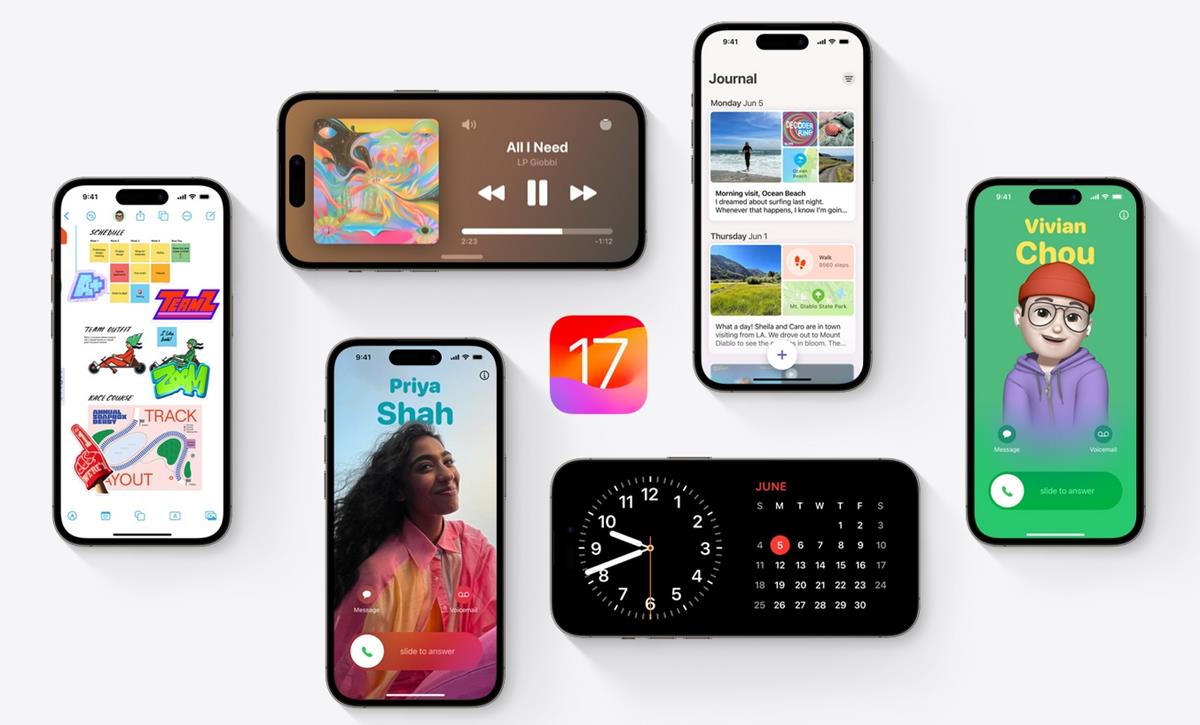
John Gruber hosted his annual "The Talk Show Live" at WWDC 2023, where he discussed various things including macOS 14 Sonoma, iOS 17, and the shiny new hardware that Apple introduced in the Keynote. Towards the end of the show, Gruber raised a question to Federighi about why the iOS 17 Keynote or any documentation from Apple did not mention sideloading, while also mentioning that the feature to allow apps from third-party sources on Android, and iOS has been mandated by the European Union. Federighi made a humorous comment about "Android! Wrong room!", but almost immediately took a more serious tone to address the query that was posed to him.
Apple executive hints that iOS 17 will support sideloading in the EU
Federighi commented that Apple is focused on doing whatever the right thing is for customers, and the safety of users. He also mentioned that the company is working with the EU to discuss compliance with the new law.
This isn't a particularly new stance from Apple. The Cupertino company has played the "security issues" card multiple times, every time someone has compared iOS to Android. This is hypocrisy at its best, if you compare it to the company's desktop operating system, macOS. Mac users can install apps from anywhere, you download it and run it just like you can do on Windows and Linux. Where are these "security issues" here then? Do they not exist on Mac? Of course, they do. We have seen reports about how threat actors have been designing malware to target macOS. The operating system's anti-malware feature, Gatekeeper, protects users from such threats.
Android's sideloading ability isn't particularly a threat as Apple believes it to be. Only users who are tech-savvy actually know about it, and use the feature to install apps from third-party stores. And there's Google Play Protect which scans your phones for malicious apps, and notifies you to remove them. As far as the Google Play Store is concerned, there have been problems with malware apps, but this isn't specific to the platform.
iOS and iPadOS are known to be highly secure, yet we have seen malicious apps on the App Store that have resulted in phishing scams by tricking users with fraudulent transactions hidden as in-app purchases, and subscriptions. iPhones have been targeted by Governments for state-sponsored attacks using mercenary spyware such as the Pegasus, which were used to hack and listen in on devices belonging to politicians, journalists, activists, etc. Apple addressed the issue with the introduction of Lockdown mode in iOS 16.
My point is, the safety of a mobile phone, be it an Android or iOS device, really depends on the user. If you download apps from reputable sources, there's no risk. However, if you get them from questionable sites, your device could get infected. Is that reason enough to prevent sideloading altogether, I think this should be up to the user's discretion, the freedom of choice is important. If anything needs to be improved, it's the curation of the App Store and Play Store, as they were the ones that allowed malicious apps on their storefronts.
It almost felt like Federighi downplayed the sideloading topic entirely. There may be a good reason for that, as 9to5Mac rightly points out, Apple may not want sideloading in iOS to be a well known feature. It could make it harder for regular users to access as well. I'm not entirely sure that the European Union may like that. Maybe that's part of the discussion that is going on with Apple and the regulators at the EU.
The main reason why Apple doesn't want people to know about sideloading, is because it charges app developers a cool 30% commission fee for any transaction that goes through its payment gateway. When Epic Games tried to bypass the system for Fortnite transactions, it was booted off the App Store, and we all know about the lawsuit drama that followed. Apple doesn't want to give up the revenue it earns from developers, if they allowed users to download apps from other websites and third-party app stores, they lose money that could have been earned if the said app was available on the App Store. This is exactly why Apple could allow sideloading for users in Europe, but not anywhere else.







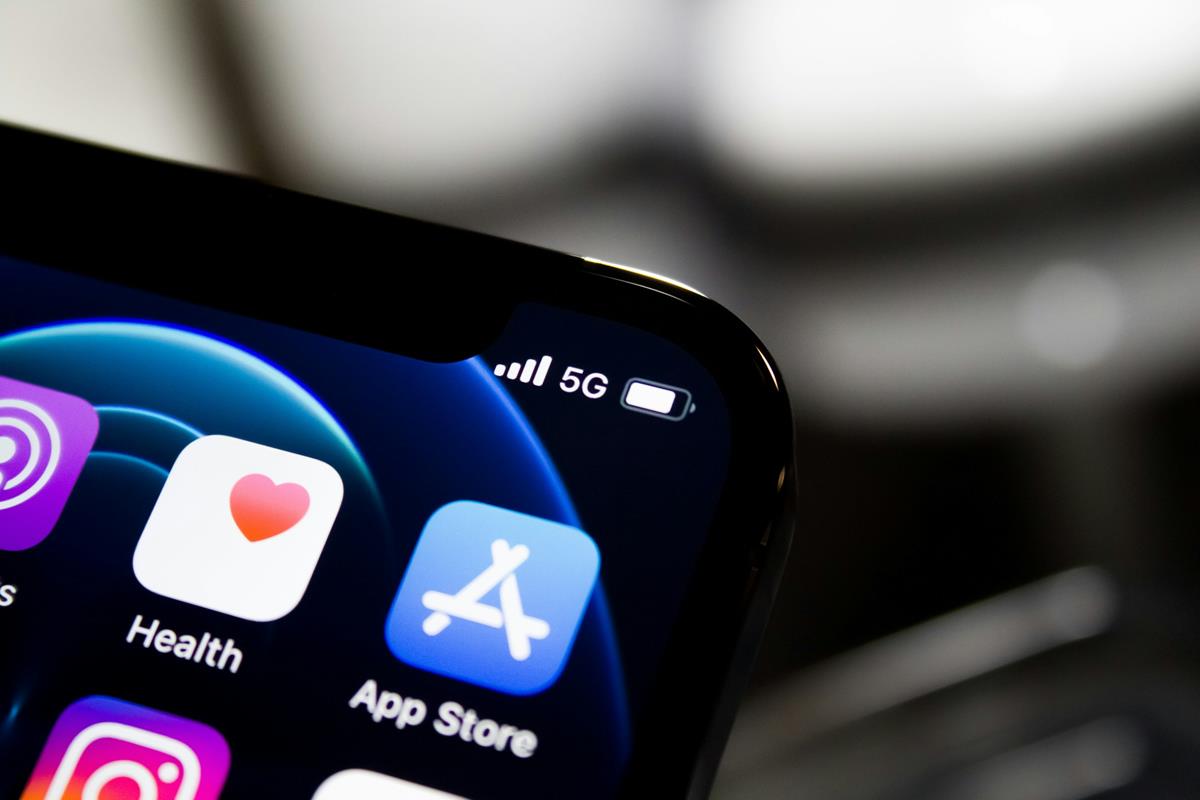
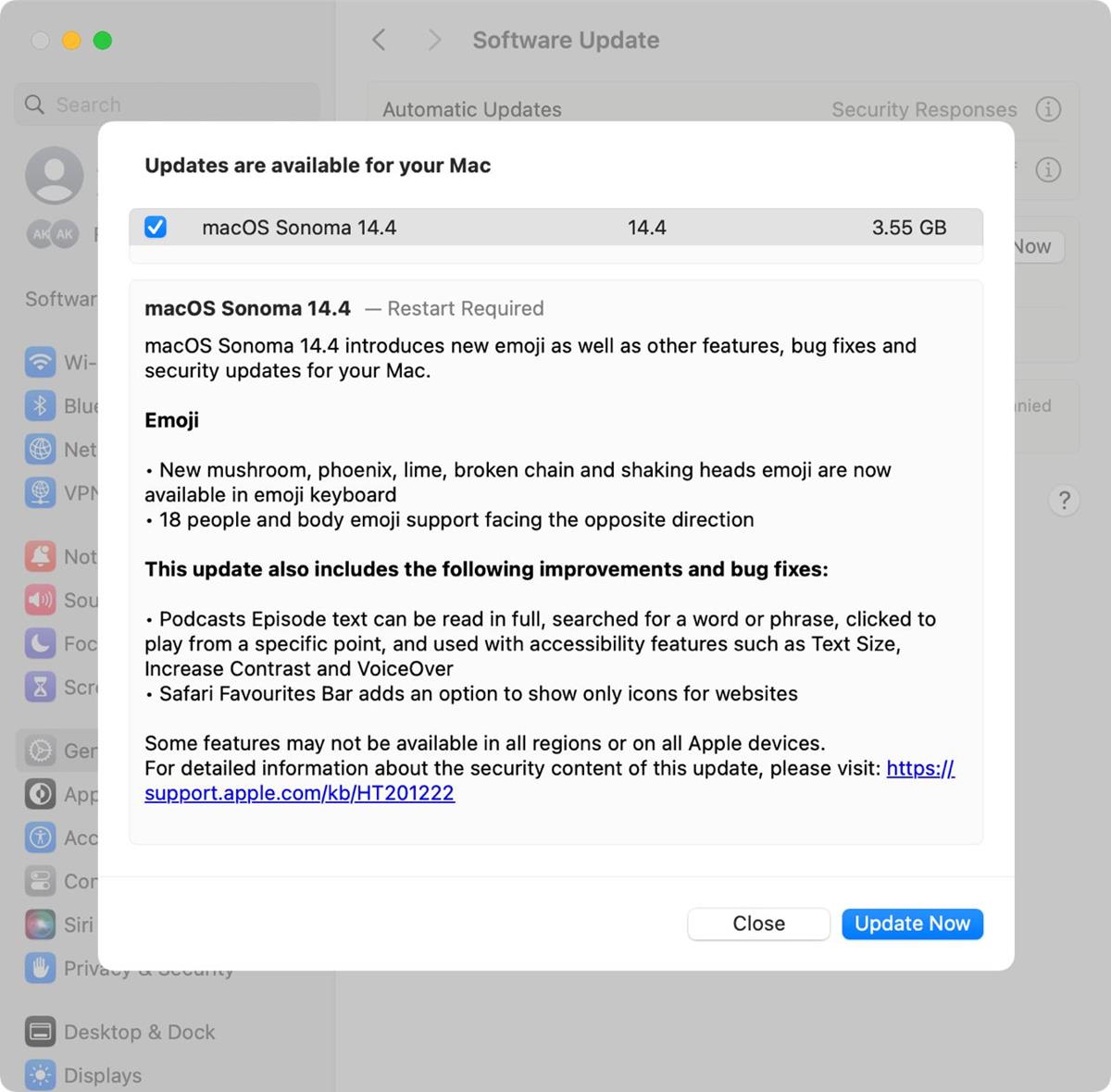


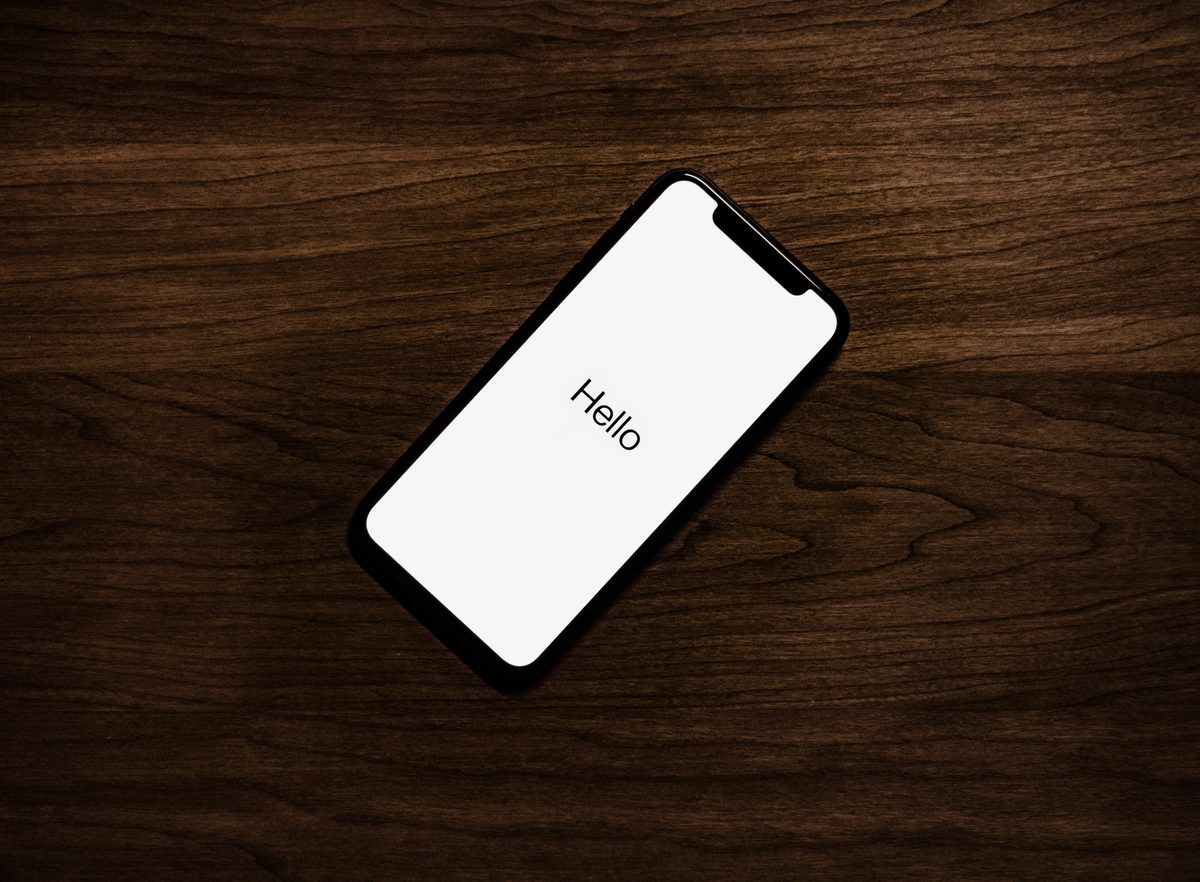
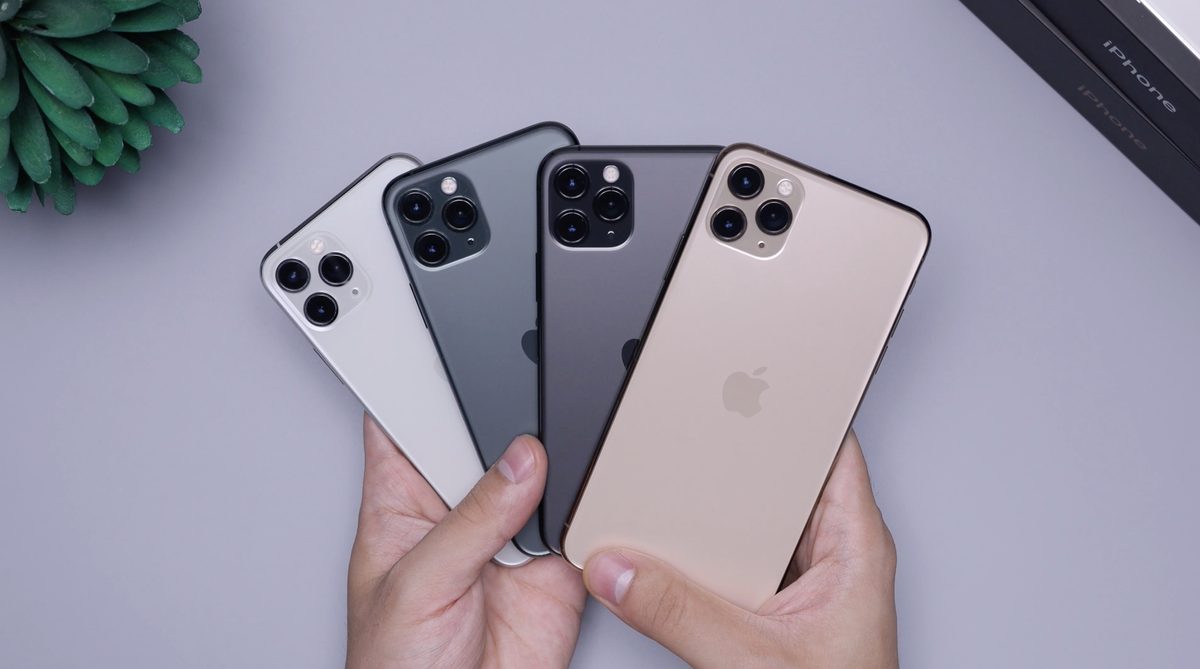










“The main reason why Apple doesn’t want people to know about sideloading, is because it charges app developers a cool 30% commission fee for any transaction that goes through its payment gateway.”
“Gimme,Gimme, Gimme”
“Money,Money,Money”
Abba, 1976.
Sideloading would be nice, but allowing for browser engines outside of Safari is more important to me. Sideloading is already possible in a way, though it isn’t as easy as Android.
Same here. I haven’t heard about allowing 3rd party browser engines on iOS17. The last time this mentioned is in 2022 in the EU DMA act draft.
I want sideloading in the US. The security problems with sideloading on Android are because of Android, not the alternate download sites. There have been all too many dangerous apps posted on Google Play itself.
On Android, install F-Droid or Droid-ify and grant the store of choice the privilege of installing applications. You will find most stuff worth sideloading there, and the apps in there must a) be open source and b) must have reproducible builds.